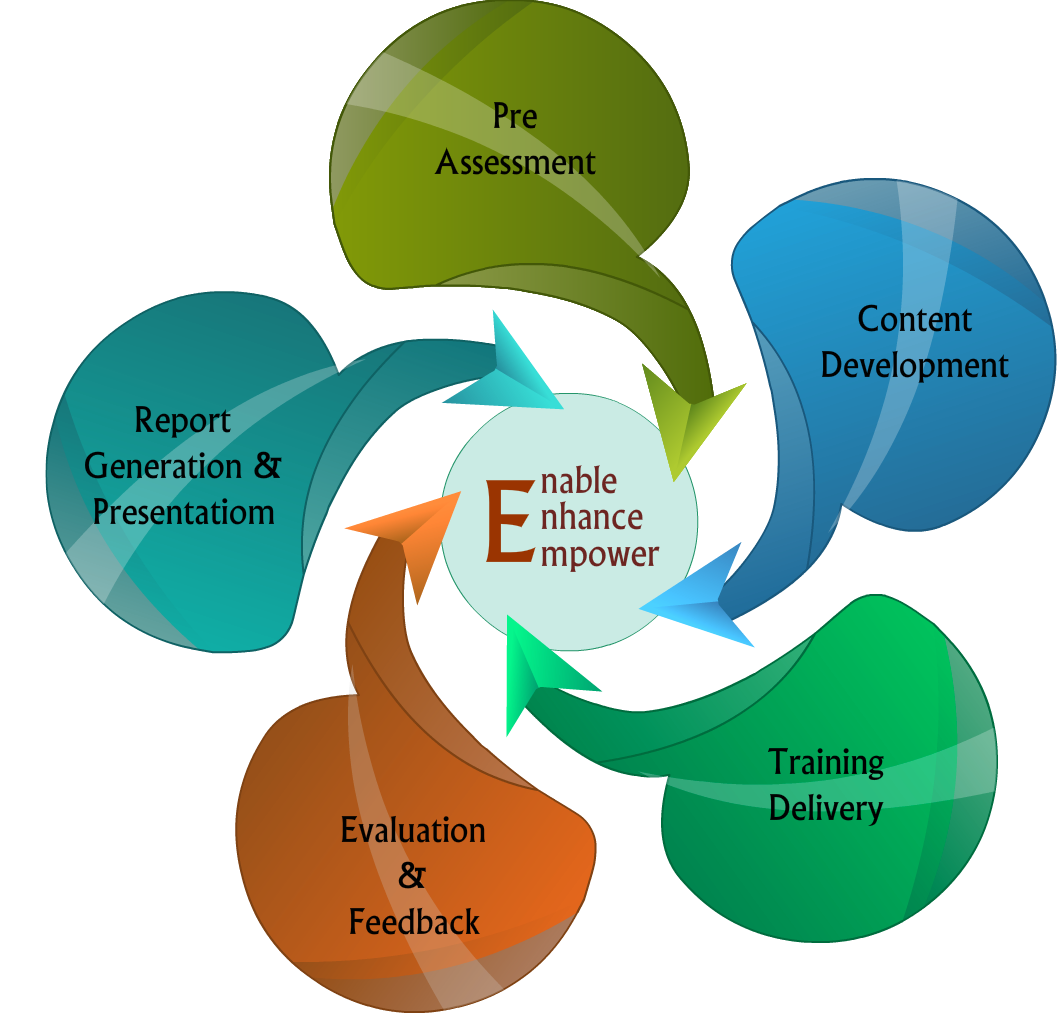There is no questioning the fact that in spite of being well qualified and very competent technically, many people are failing to be globally competent, while technical skills and knowledge may get a foot in the door, but its the people skills that open most of the doors to come. Work ethics, attitude, communication skills, emotional intelligence and a whole host of other personal attributes are essential Soft Skills* that are crucial for career success and being proficient in these Skills improves one’s personality and helps cross the barriers of culture, language, and environment globally.
Soft Skills are behavioral competencies. Also known as Interpersonal Skills, or people skills, they include proficiencies such as communication skills, conflict resolution and negotiation, personal effectiveness, creative problem solving, strategic thinking, team building, influencing skills and selling skills, to name a few.
Therefore, whether you are a student looking for a job, an engineer working in an Industry, a corporate professional, an employee in government sector, a businessman, a marketing professional, a front office executive or a homemaker, whoever you are, you have every right to make it big and successful both in professional and personal life through developing these Skills which play a vital role.
"When you invest a dollar in a machine, you get $2 back, Invest a dollar in a Person, you get $10 back! People ARE the most valuable asset; they need maintenance and upgrade more than machines do. Retraining is maintenance. Training is an upgrade. Development is the next generation model !"
We at Sergius Solutions believe in this valuable truth of investing in ‘People’ to enhance the Skills and competencies by Training, Developing and Maintaining, hence making it big and Successful in everyone’s life.
As per a survey by Andreas Bloom, Hiroshi Saeki – The World Bank, South Asia Region Education Team April 2011 Skill shortage remains one of the major constraints to continued growth of the Indian economy. This employer survey seeks to address this knowledge-gap by answering three questions:
(i) Which skills do employers consider important when hiring new graduates and professionals?
(ii) How satisfied are employers with the skills of new hires and experienced professionals? And
(iii) In which important skills are these professionals falling short?
Our well qualified and experienced team of Trainers are specialized in facilitating these essential Skills to different categories of people groups from Corporate/Government sectors and Educational Institutions.
We provide quality Training adhering to the standards of Training methodologies which are fun, highly Interactive and Energizing.

Here are few of our training programs categorized according to Junior, Middle and Senior level Management….also Employability Skills for the Engineering Graduates / Post Graduates and Management Students.
According to research, the eight employability skills employers look for are:
Taking Initiative, Seizing the opportunities, thinking out of the box and doing things differently, taking up leadership roles etc.
Actively seek to learn new things and update yourself with the skills required at workplace, having enthusiasm for ongoing learning.
Being able to take up responsibility for your own actions, setting up goals and using your time and resources effectively to achieve these goals.
The most sought after skills of employers, being a good listener, expressing clearly in writing and presenting a case to audience.
Working with others as a team and achieving the results valuing other people’s views, ideas and contributions.
Solving a problem through Creative, Innovative and practical solution by optimum use of available resources.
Being able to manage people and resources effectively by identifying what is required in a given situation and achieving results.
Being able to keep abreast of current technology and apply it to problems, as well as the ability to embrace life-long learning in the field of technology.